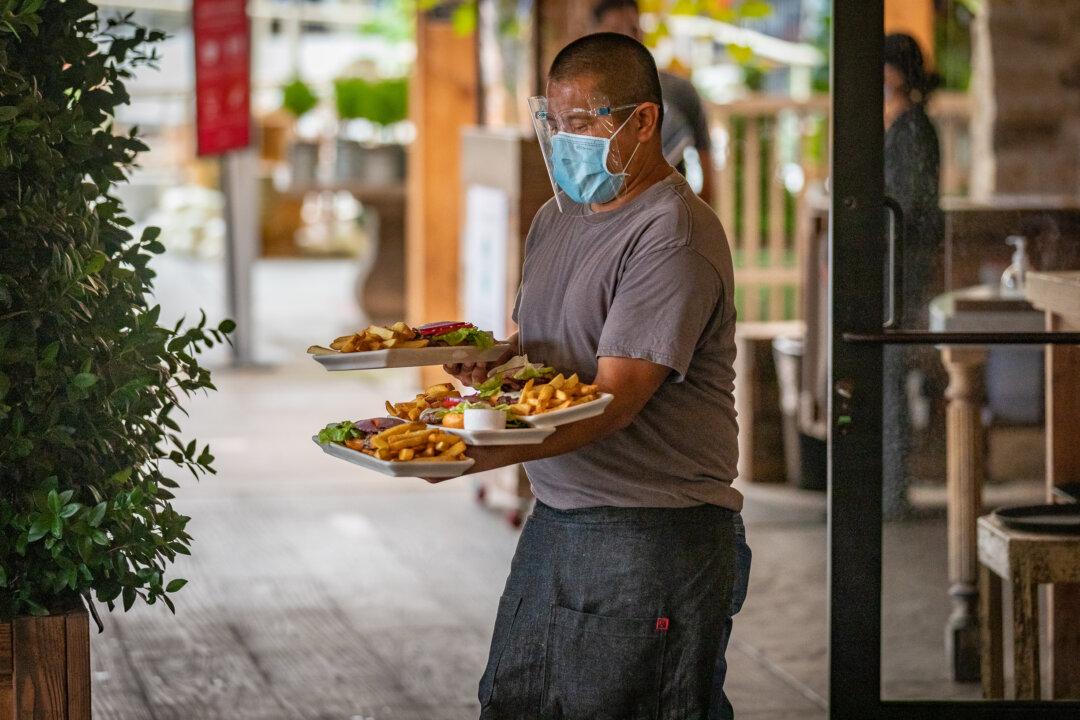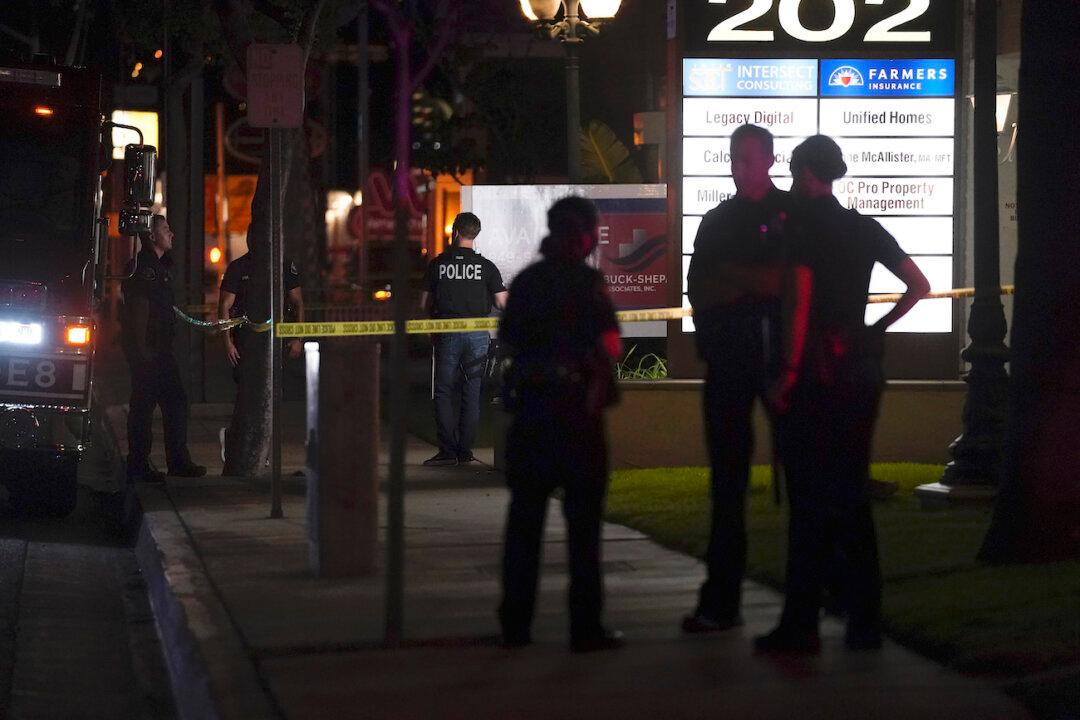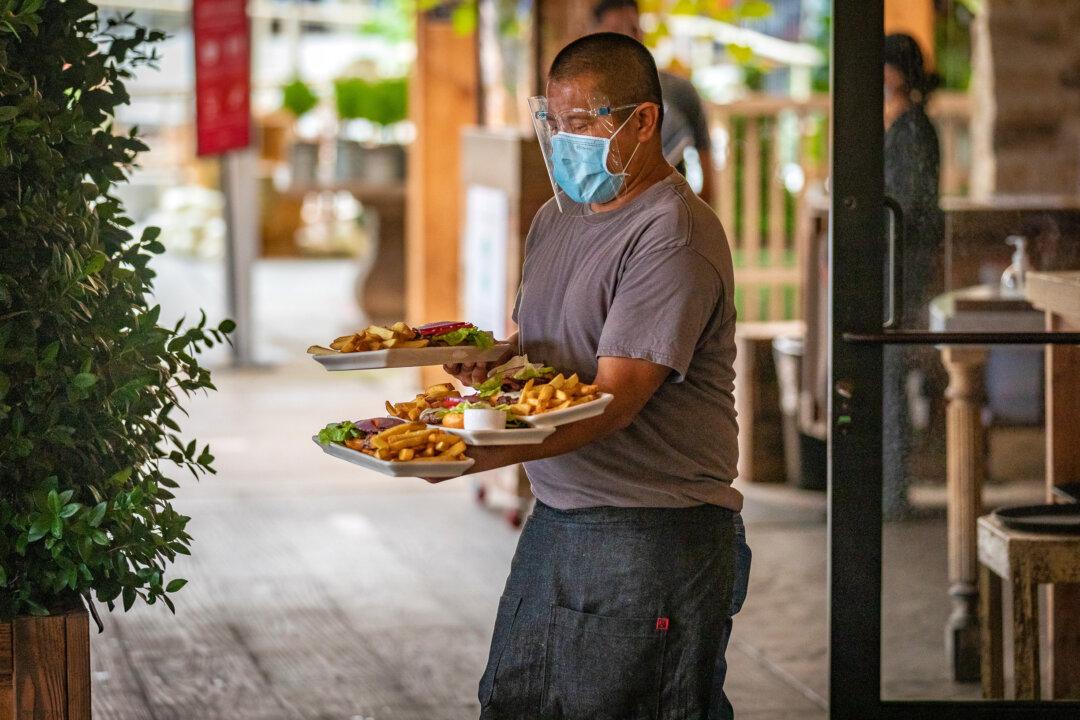Dozens of residents in Orange County, California, are suing their employers’ insurance carriers after allegedly contracting COVID-19 on the job and suffering long-term disabilities as a result.
“A lot of them have lung damage; that seems to be the No. 1 issue long-term,” Marcelo Dieguez, a partner at Diefer Law Group, told The Epoch Times. His firm is representing some of these employees.




